Sightseeing Spots
Search Results58
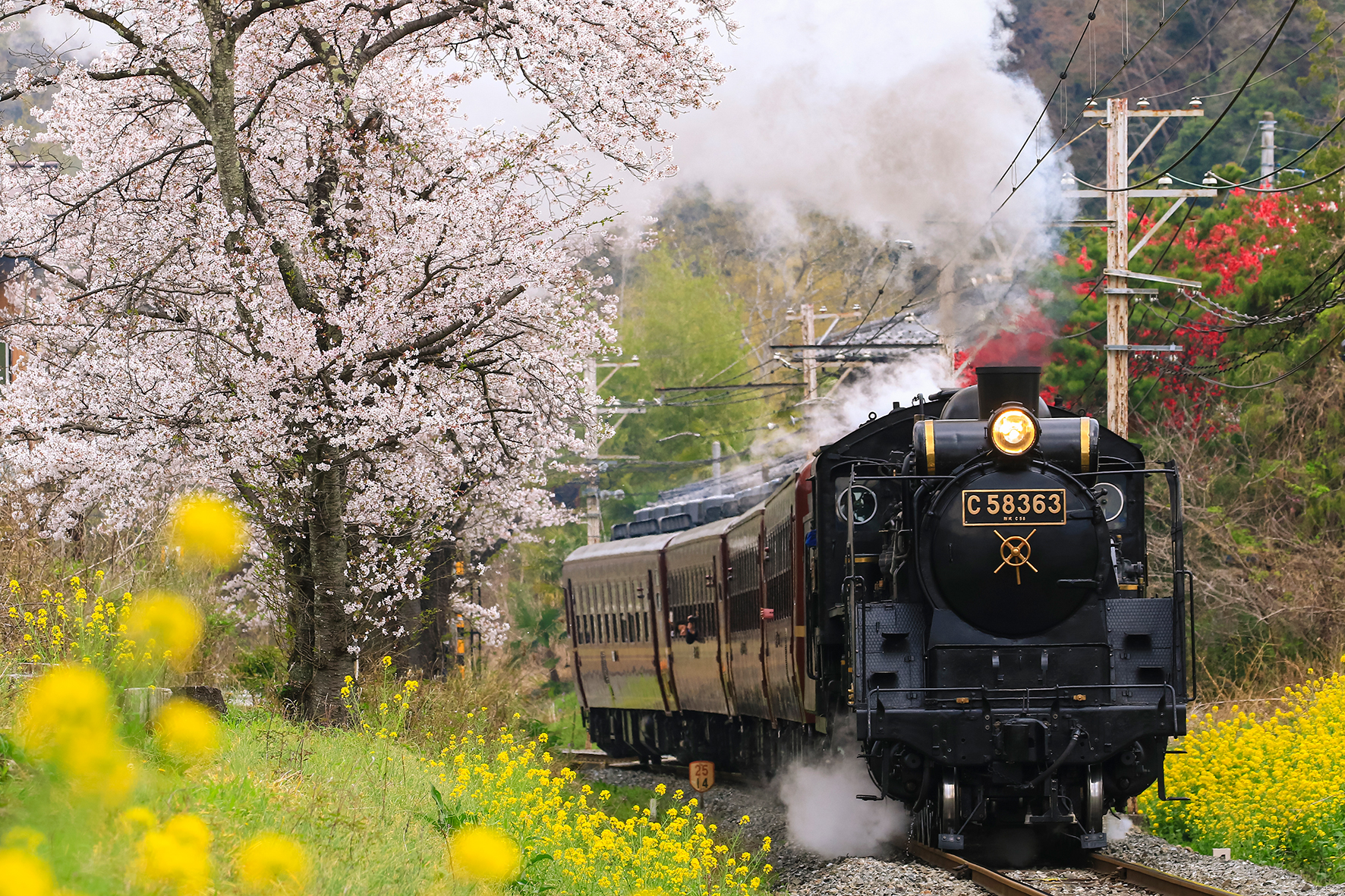
The SL Paleo Express is a historic steam locomotive that runs through the scenic Chichibu region of Saitama, just a short trip from Tokyo. Operating between Kumagaya and Mitsumineguchi, this nostalgic train ride takes passengers past mountains, rivers, and picturesque countryside landscapes. Along the way, travelers can enjoy the breathtaking views of Nagatoro, famous for its dramatic river and rock formations. Ideal for train enthusiasts, families, and anyone seeking a unique day trip from Tokyo, the SL Paleo Express is one of the top attractions in Saitama and a must-see for visitors exploring the region.
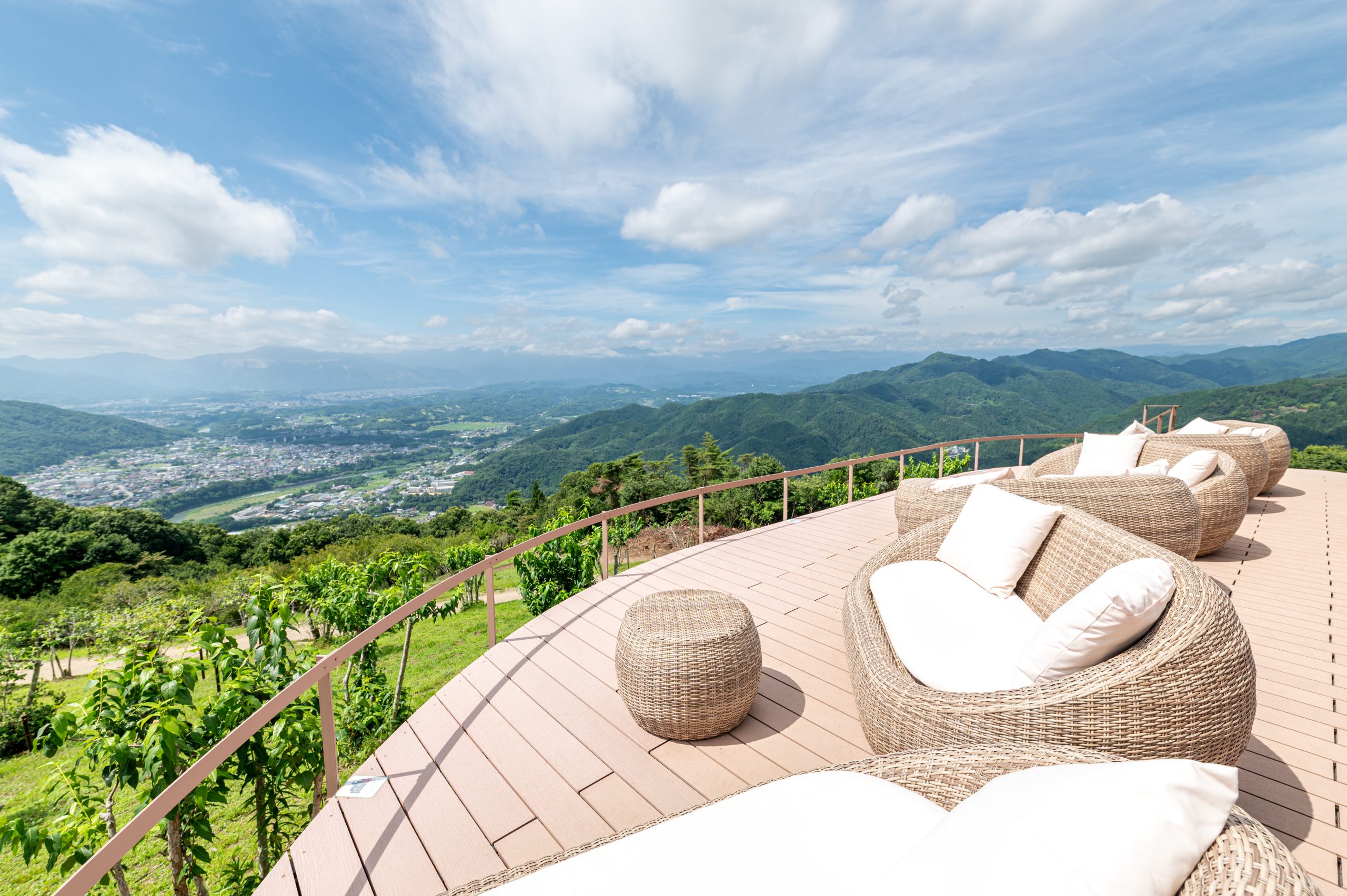
Susabino Terrace offers stunning mountain views from the summit of Mt. Hodosan in Nagatoro, Chichibu. It’s a great spot for a day trip from Tokyo or exploring Saitama’s hidden gems. Enjoy drinks or light snacks while relaxing at photo spots, a view counter, benches, and a lounge area. Perfect for couples, families, and nature lovers. The terrace is surrounded by wintersweet trees, and from mid-January to late February you can enjoy panoramic views of yellow blossoms and their sweet fragrance. For a peaceful, scenic escape near Tokyo, Susabino Terrace is a must-visit!
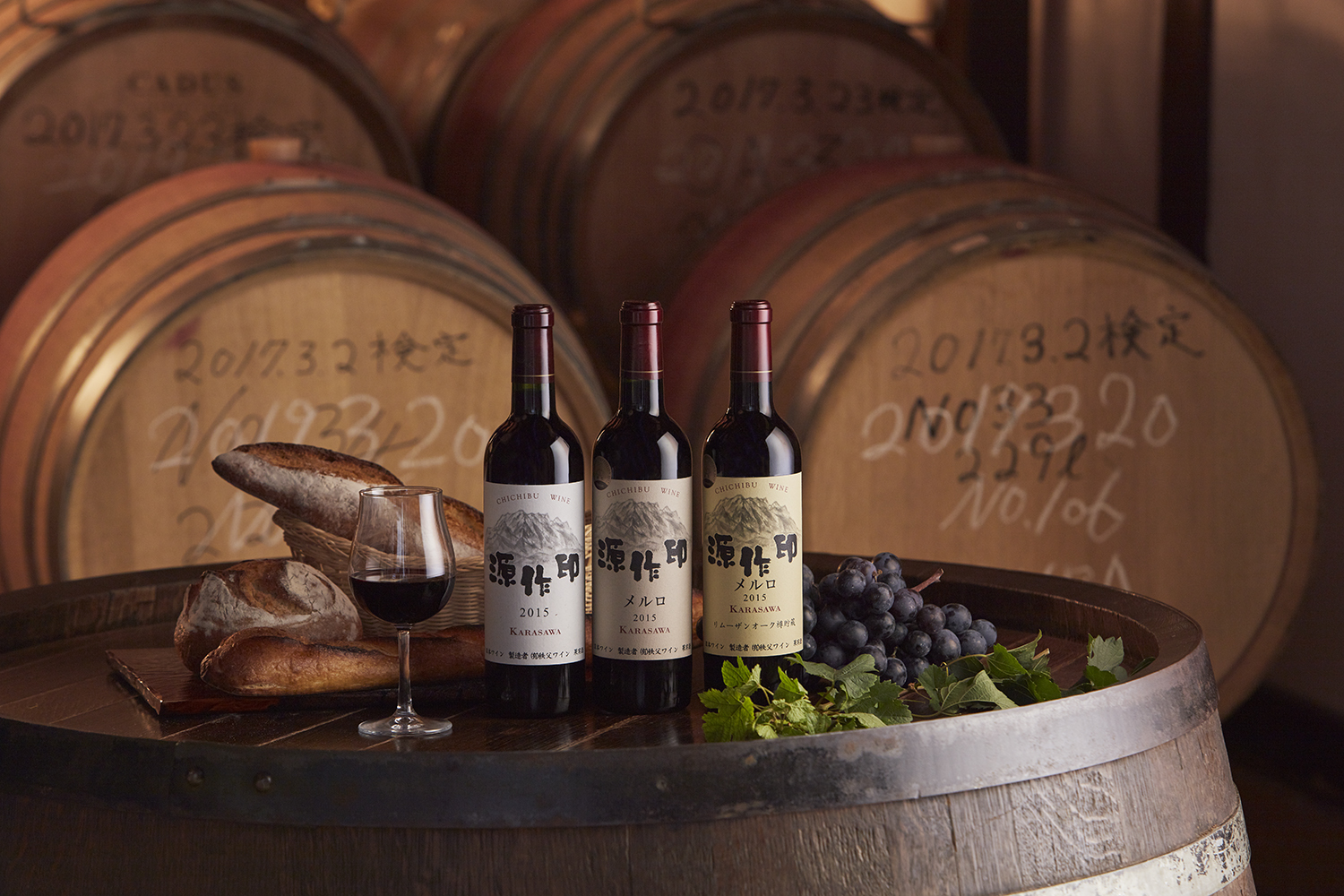
Founded in 1940 by Gensaku Asami, Chichibu Wine is the oldest winery in Saitama. Known for its award-winning wines and deep local roots, it gained early recognition when a French priest compared its wine to Bordeaux. Visitors can enjoy tastings and learn about the winemaking process on-site.
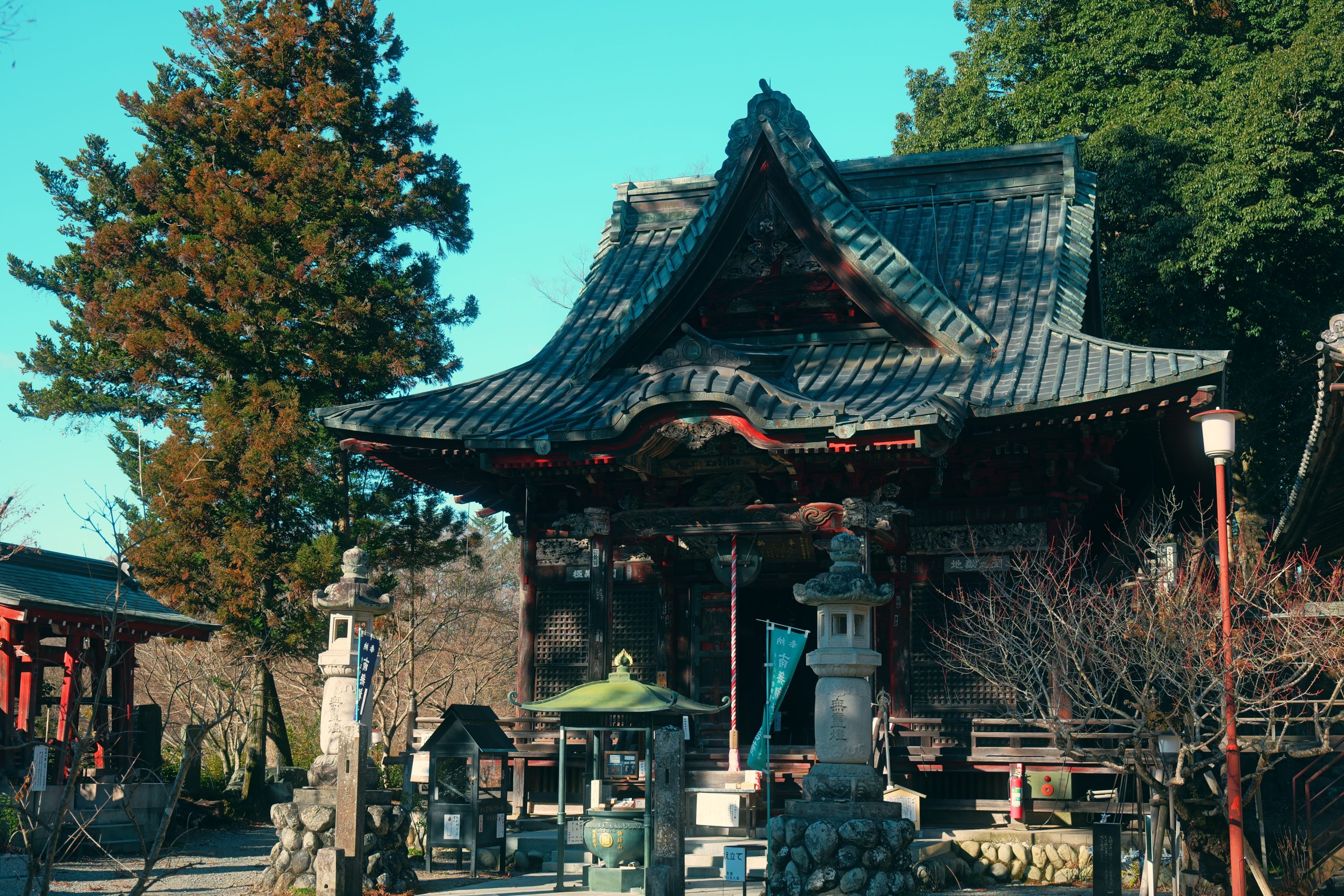
Shimabu-ji Temple is the No.1 temple of Chichibu Fudasho (34 sacred places of the Kannon) . The main hall (Kannon-do), built in 1697, has been designated as a tangible cultural property of Saitama Prefecture. The carvings on the front balustrade, 'Jigoku no zu' and 'Gokuraku no zu', are magnificent. The main hall enshrines the deity Otasuke Kannon, who is said to help people out of their troubles and suffering. The Great Ceremony held every year on 24 August in the Shishoku Shokudo to the right of the main hall is also famous. It is a very lively gathering of monks from Chichibu, regardless of denomination. This event is famous as one of the three major offerings in the Kanto region, along with the Gyokusoin no Daisegaki in Saitama City and the Dojo Shigaki in Eifukuji in Sugito-cho, Kitakatsushika-gun.
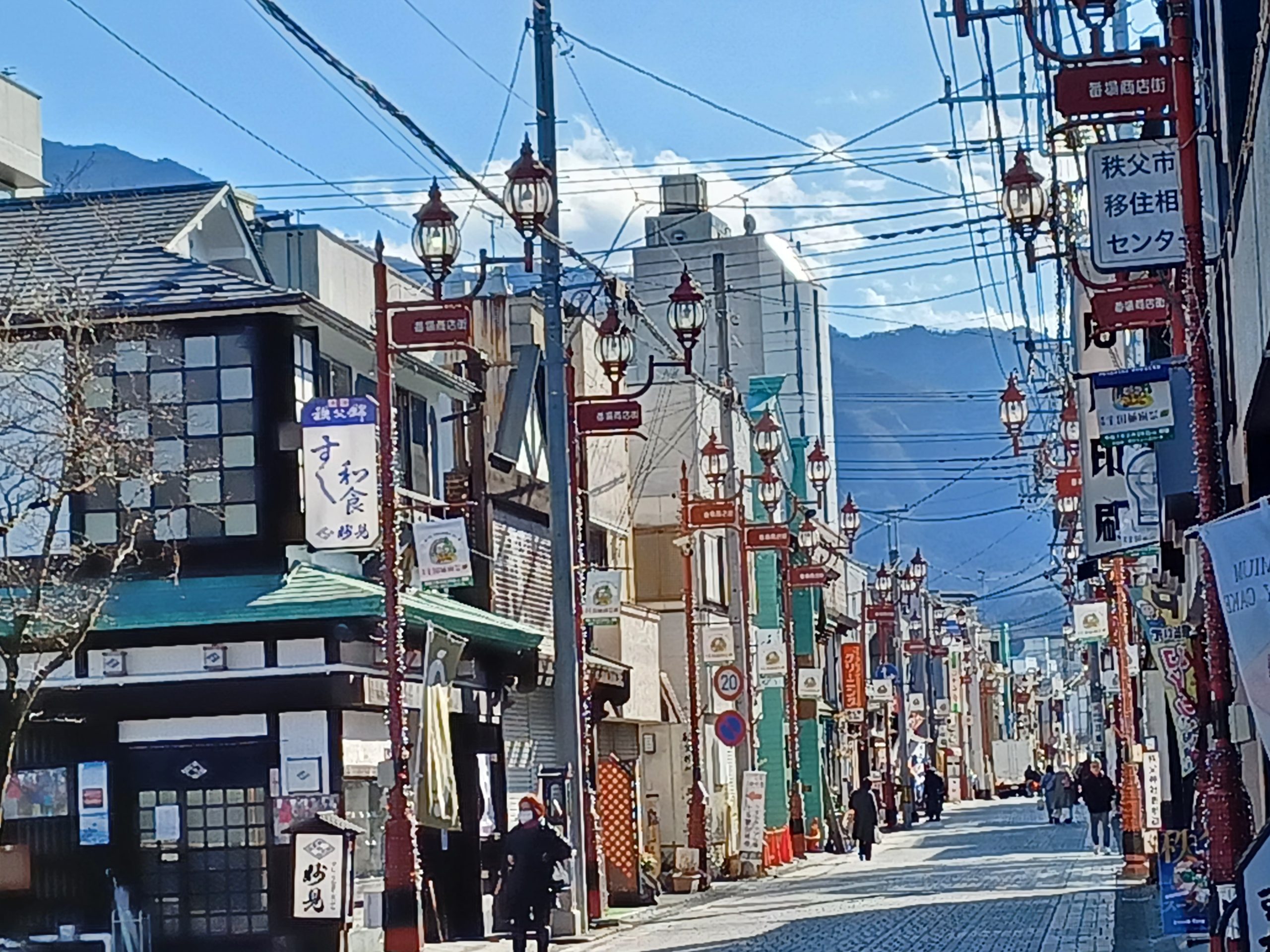
Chichibu Shrine has long been an important presence in the town and remains a popular spot for Chichibu residents. Many structures dating from the early 1900s line Banba Street, the cobblestone road that leads to the shrine, providing a nostalgic atmosphere that recalls times gone by. Many shops still operate in buildings designated Registered Tangible Cultural Properties by the national government, allowing visitors to travel back in time to an earlier Japan.
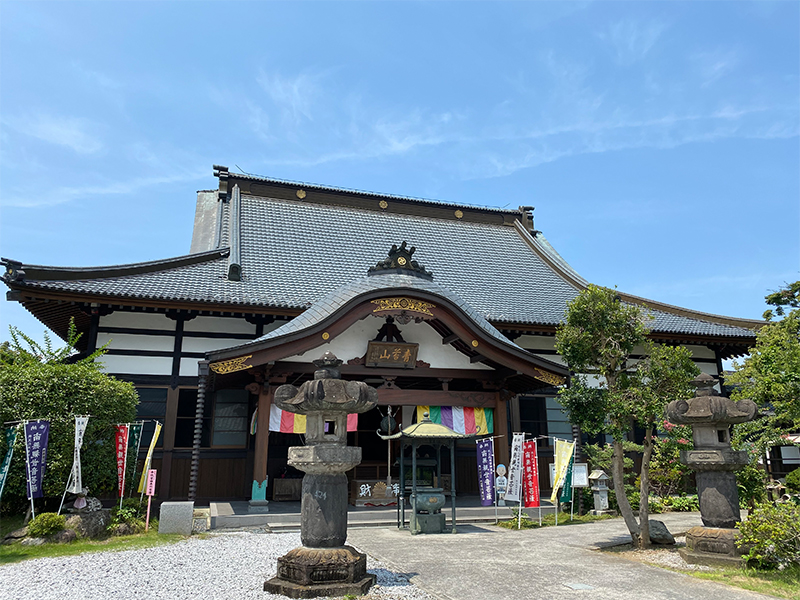
Mt. Seitai Hōchōji Temple, the seventh sacred site and temple, is called Ushibusedo, and the main deity is the eleven-faced Kannon. The eleven-faced Kannon was originally located at Ushibuse in the third ward of Negoya. Due to a disaster in 1782, it was moved to the main hall of Hōchōji Temple, where it has been enshrined ever since. Hōchōji temple is called "Fudasho No.7," also "Mt. Seitai," and it follows the Sōtō school of Buddhism. The temple was founded by Ryodo Kansei, who passed away in 1606. The founder of the Buddhist sect here was Shigekata Uchida, the second generation head of the Uchida family, and the Uchida family is said to be of the Fujita lineage, after adopting Hōjō Ujikuni as a son-in-law.
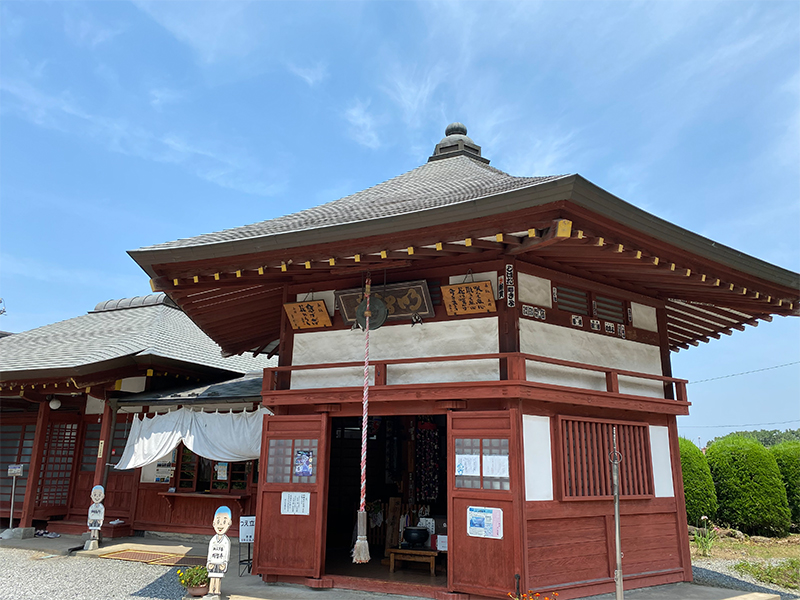
A temple for safe childbirth and child-rearing, and protection from evil. The main deity of the temple, Nyoirin Kannon, or Cintamanicakra, is said to be the God of Mercy and Wisdom, who holds a wish-fulfilling jewel that removes evil and purifies the clouded mind, relieves suffering, and bestows prosperity by giving gold and silver treasures. In the precincts of the temple are three Muromachi period (1336-1573) blue stone pagodas of the three Amitabha images and a mound of letters from the first year of the Hoei era, in which women wrote down their wishes and deposited them.
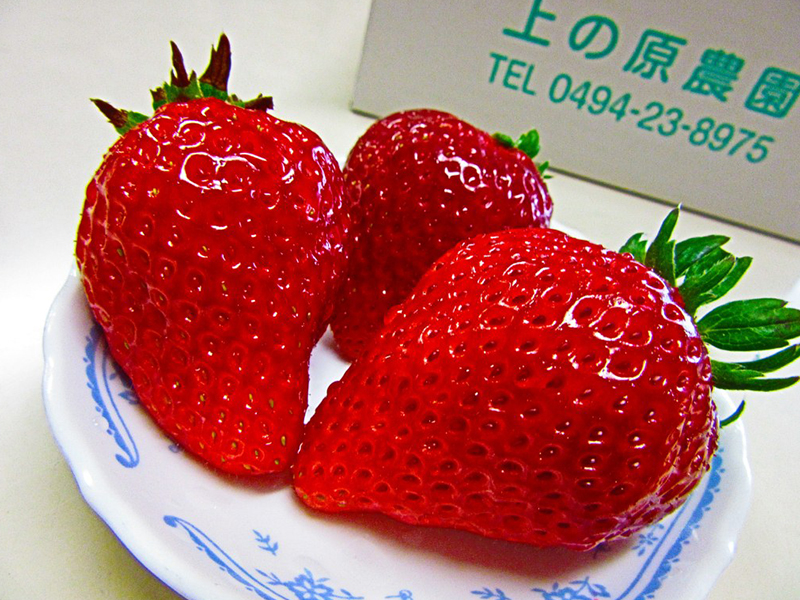
Enjoy the all-you-can-eat package at the farm, or pick and take the strawberries home instead! It's possible the all-you-can-eat will be finished depending on the season's harvest. All-you-can-eat varieties: Beni-poppe, Tochiotome, Yayoihime, Souvenir varieties: Amarin, Beni-poppe, Tochiotome, Yayoihime
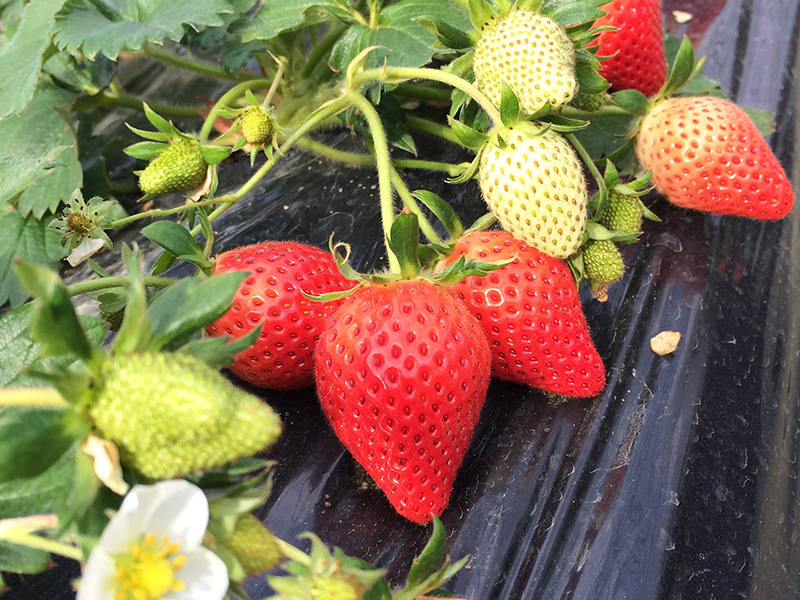
A 10 minute walk from Yokoze Station. Also a 10 minute walk to Hitsujiyama Park and Shibazakura no Oka. Strawberries grown with a focus on the best taste and assurance of quality.
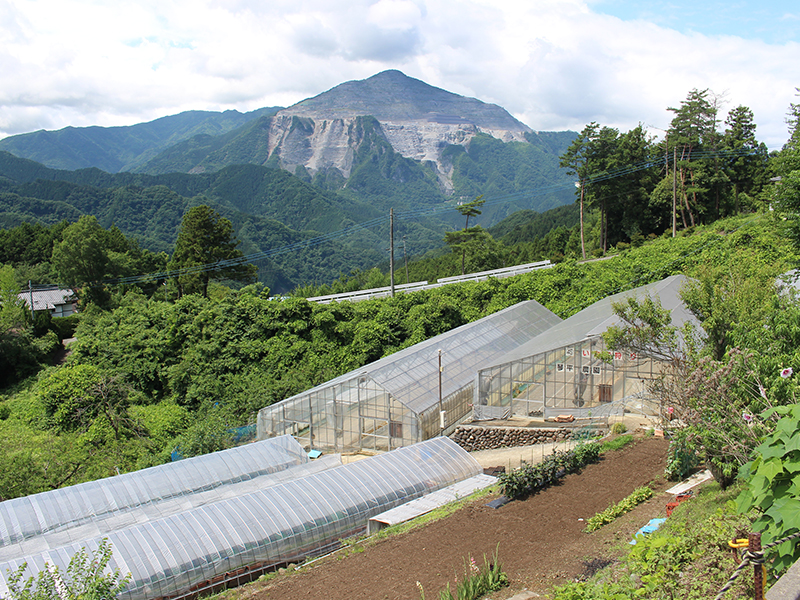
You can enjoy fruit picking and tasting at this sunny farm located on a south-facing slope. A spectacular view of Mt. Bukō is right in front of you! As a health precaution, we ask that visitors wear a mask and disinfect their hands.
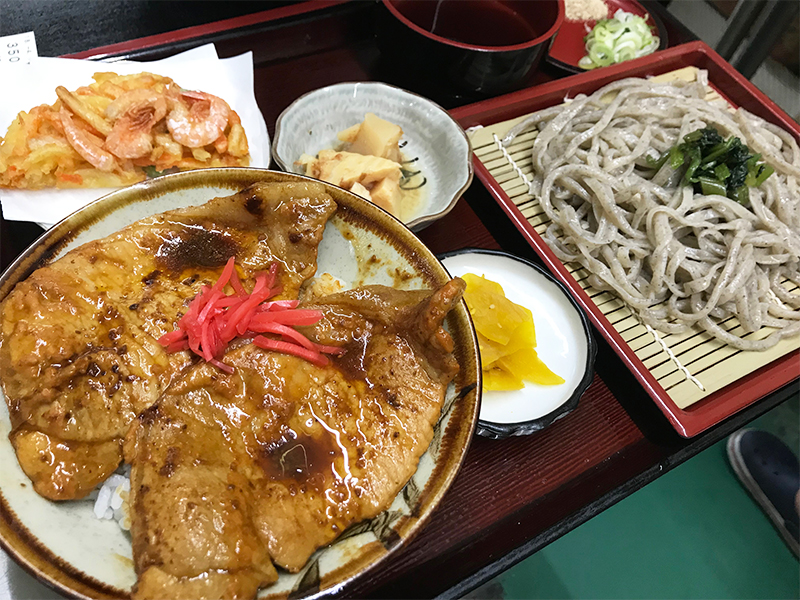
Enjoy country-style handmade soba, udon, and other set menus long popular among the farmers of Ashigakubo. You can also enjoy strawberry picking! The strawberries are bright red and packed with juicy sweetness. Strawberry picking is located right next to Menya Kinoko Chaya. If you want to pick strawberries, stop by Menya Kinoko Chaya first. ※ Time limit of 30 minutes per entry. ※ We would appreciate it if you could contact us in advance.
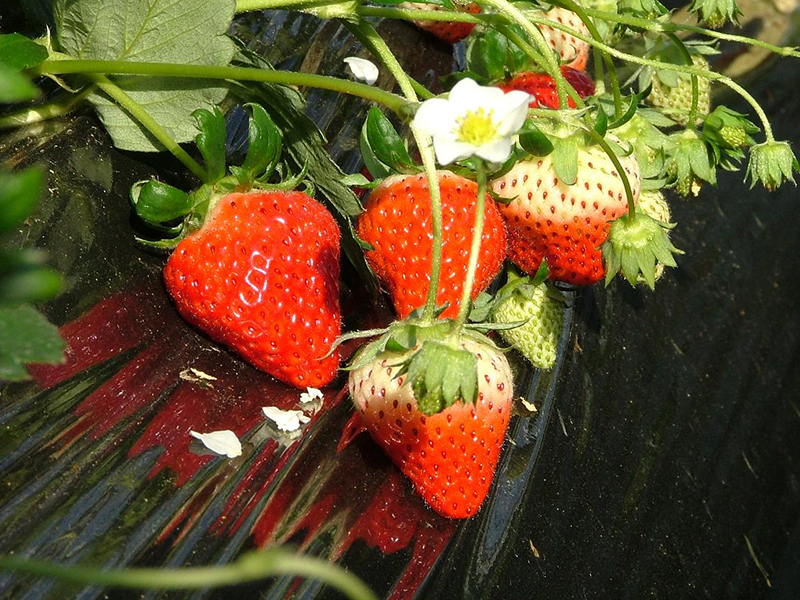
Strawberry picking is available from January to May, grape picking from August to October, and sweet potato digging from September to October. You can also enjoy a barbeque along with seasonal fruit picking with a reservation. For larger groups, please contact us at least seven days in advance for reservations. When making a reservation, please note that harvest conditions may vary depending on weather and other factors. Please contact us in advance to inquire about harvest conditions.
This site uses cookies to improve the user experience. If you continue to browse, you consent to the use of cookies on this site. Accept
CONTACT
